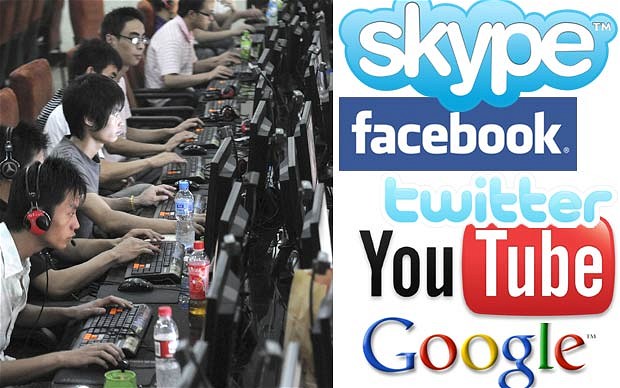The internet has caused a revolution in the way we live and communicate.
But businesses can be the victims of illegal activity on the net.
What are these illegal activities? What can you do about them if your business is a victim?
There are 5 common illegal activities:
- Hacking
- Harvesting
- Hypertext links and “deep linking”
- Framing
- Trade mark infringements and meta tags.
1. Hacking
Hacking is the use of a person’s computer skills to break into a computer system or website to create damage or steal information.
Hacking is difficult to prosecute but The Criminal Damage Act 1991 makes provision for this.
The Criminal Damage Act 1991 covers damage to property and property includes data; damage can include altering, corrupting and erasing data.
It also covers the offence of threatening to damage property so even an unsuccessful hacker can be charged under this section.
Another section covers the situation where a person has in their possession the means to hack-again they may be charged under this section even though they have caused no damage to data.
The act also includes an offence of unauthorised access and this offence relates only to computer crime.
The act also provides very extensive powers to search and arrest under this legislation.
The Criminal Justice (Theft and Fraud Offences) Act 2001 can also be used to prosecute as it provides that it is an offence to use a computer to make a gain or cause a loss to another.
This is an example of our ordinary legislation being amended to accommodate the reality of internet law in the 20th century.
Other pieces of legislation which can be used to deal with hacking include:
- The Data Protection Acts, 1998 and 2003
- The Electronic Commerce Act, 2000
- The Copyright and Related Rights Act, 2000
2. Harvesting
This is the operation of collecting email addresses for the purposes of spamming.
This clearly is in breach of the Data Protection act 1988 and 2003.
If the data harvested is not personal data it is conceivable that the harvesting may be an offence under the Criminal Damage Act, 1991.
3. Framing
Framing is the division of a website into real time “frames”. This allows the use of the website owner’s text and material to be displayed next to 3rd party material in the same window.
This may be a breach of copyright law.
4. Meta Tags and Trade Marks Infringements
Meta tags are the tags hidden in the html (or other) code of a website. They are not visible to the reader of the page.
These meta tags can infringe the trade marks of a competitor and 3rd parties intellectual property rights.
5. Hypertext Links and Deep Linking
We are all familiar with hyperlinks to other websites. On this page for example there are many hyperlinks to www.IrishStatuteBook.ie
However linking to other websites can be illegal and infringe the rights of the website owner to which you link.
It is possible that the Copyright and Related Rights Act, 2000 provides protection to the website owner to prevent deep linking to his/her website.
Another problem that can arise in this regard is the use of a registered trade mark of the target site which may also be a breach of the intellectual property rights of the target site. This type of case occurred in the United States when Playboy™ sued a porn site for using the Playboy™ logo to link to its website.
This type of breach could be pursued in Ireland based on
- Copyright infringement
- Breach of database rights
- Trademark infringement
- Passing off.
Conclusion
It’s clear from the above that you could unwittingly leave yourself open to a claim for damages.
You might as easily be a victim.
Consult a solicitor if you’re in doubt.
By Terry Gorry
Google+
